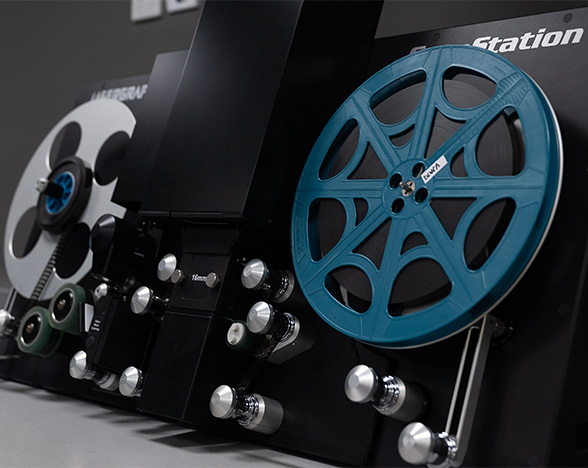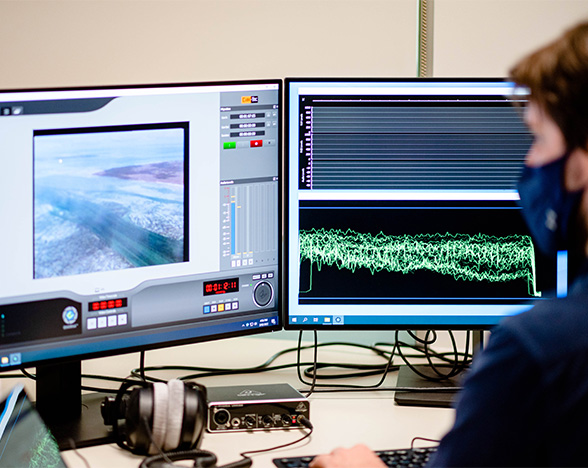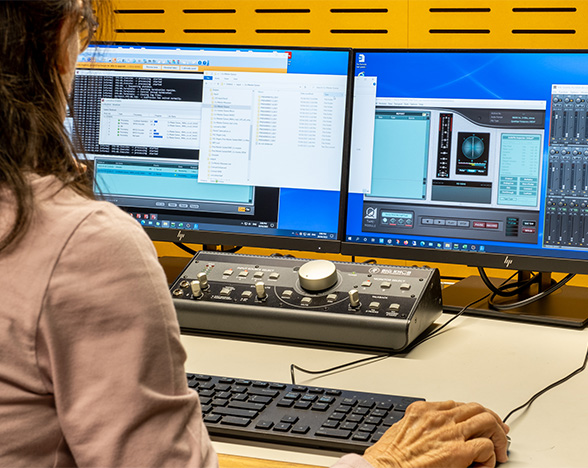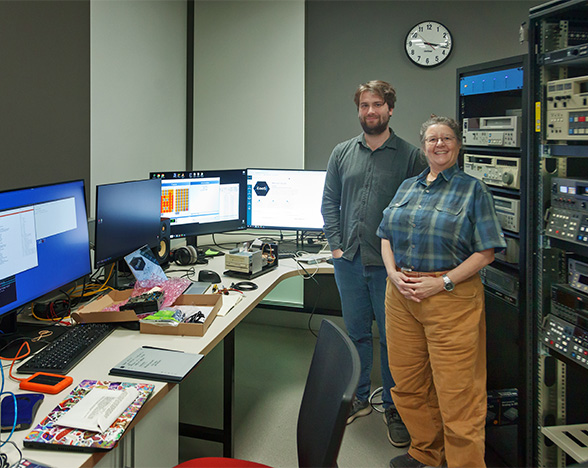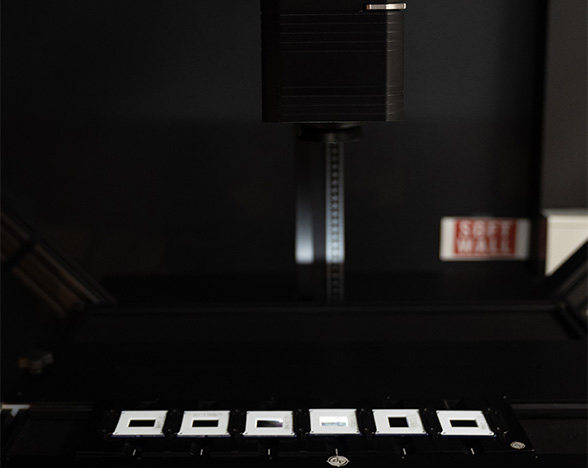Services
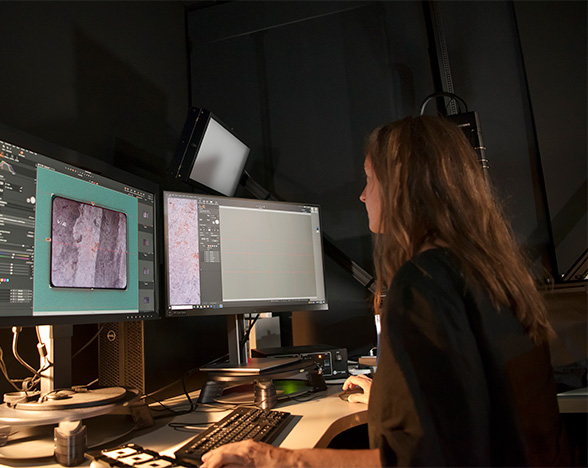
Fees and costings
The Centre offers fee-based digitisation service at archival level to clients, i.e. collection custodians in three tiers: partners, associates and external clients. Variation in costings reflect the type of ongoing client relationship.
- Partners – those institutions who make ongoing cash contribution to its operation thorugh yearly membership.
- Associates – Australian publicly funded researchers, Government organisations, Not-for-profit organisations and charities.
- External – Commercial and industry - members of the public.
Please contact us to get a quote and find out more about the digitisation cost and timeframe for your projects.
UWA Collection Custodians please visit this Service Directory page for how to access the services of the DCWA: Explore and manage digital collections on UWA Collected.
Formats offered
| Format | Details |
| Paper-based | All sizes bound or unbound paper-based items up to A1 |
|
Transmissive photography |
Slides, negatives, glass plates |
| Audio | Cassette tapes, Microcassette, DAT, 1/4" Reel, MiniDisc, Vinyl, Audio CD |
| Video | VHS, U-matic, Hi8/Video 8, DV/MiniDV, Betamax, Betacam, BetacamSP, DigiBeta |
| Film | 8mm, Super8, 16mm, 35mm |
| Optical | CD and DVD, 3 1/2" and 5 1/4" Floppy Disks, 100 MB and 250MB Zip Disk |
DCWA standards are based on best practice principals used by several Australian institutions such as National Archives of Australia, National Library of Australia, and the National Film and Sound Archives of Australia.
DCWA adheres to national and international standards organisations’ recommendations, including the International Association of Sound and Audio-Visual Archives (IASA) and the International Federation of Film Archives (FIAF).
Workflow
1. Plan
To start your digitisation project, contact DCWA to discuss and book in your digitisation project. This planning process will include discussions on the digital file deliverables, method of transfer and rough project timelines. If you are unsure what your project needs, our knowledgeable staff are happy to help inform digitisation parameters.
2. Prepare
The client will select and prepare collections items for digitisation. It is also recommended for the transfer of large data created by DCWA, to plan ahead and organise long term storage of digital files. Planning will also include completion of DCWA documents that outline the scope of the work, provide spreadsheets of items being received by the centre and provide cultural protocols if applicable. If objects require professional conservation we will refer you to qualified conservators for consultation.
3. Deliver to DCWA
The DCWA coordinator will discuss when to deliver your items for digitisation. Collections received by DCWA are held in secure storage area within the DCWA dispatch room.
4. Digitisation
DCWA staff will carry out pre-digitisation inspection and assessement of items, digital capture and quality checks before files are exported and transferred to clients.
5. Collect and File Transfer
Once digitisation has been completed, the DCWA coordinator will contact the client to collect their collection items.
To collect digitised content, clients can utilise DCWA hard drives or provide their own digital transfer option such as cloud. Digitised content is held by DCWA until the client has confirmed the files have been successfully transferred to their local storage solution. It is encouraged to have files transferred within 30 days of receiving. Long term storage, preservation, management and discoverability of the digitised collections is the responsibility of the collection owners.
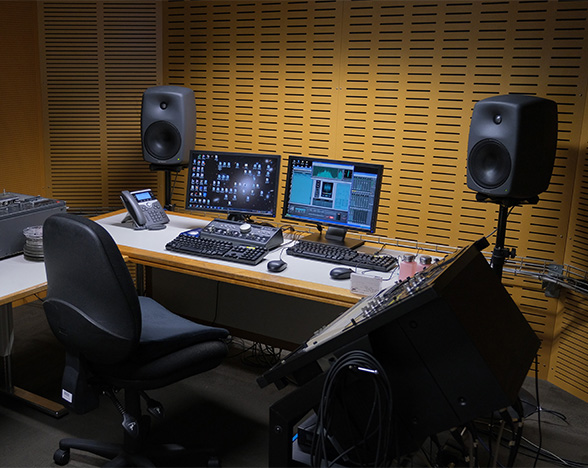
Facilities
DCWA facilities are include the main centre (Room 2.14, Building 446) and dispatch room on the ground level at Barry Marshall Library at UWA, and the audio studio located on level 2 at the State Library of Western Australia.
DCWA is a fit-for-purpose facility with:
- State of the art equipment
- Climate-controlled spaces
- Special lighting controls
- Secured entry and security cameras installed
- Rigorous protocols for pest control
-
Temporary Digital Storage
DCWA provides short term digital storage. To best prepare to transfer large data created by DCWA, plan and organise long term storage of digital files.
To collect digitised content, custodians can utilise DCWA hard drives or provide their own digital transfer option such as cloud.
Digitised content is held by DCWA until the collection owner has confirmed the files have been successfully transferred to their local storage solution.
-
Conservation and Object Handling
Collection material will have basic preparation in the dispatch room before moving into the centre for digitisation. Once digitised items will be returned to the secure storage facility before being returned to the collection owners.
DCWA encourage clients to consult a professional conservator for objects that require more advanced preparation. The AICCM provide a list of Australian based conservators.
The dispatch room is located on the ground floor of Barry Marshal Library. The loading bay and available DCWA trolleys allow clients to safely deliver their collections to the centre.
Equipment
-
Lasergraphics ScanStation 6.5k Film Scanner
The ScanStation is specially designed for archival film scanning. It offers up to 6.5K resolution, scanning speeds of up to 60 fps, and handles multiple film gauges including 8mm, Super 8mm, 16mm, and 35mm.
The ScanStation reads optical soundtracks at any frame rate and outputs the sound with correct pitch and in sync with the picture. Other features include severely warped film handling, multiple concurrent file outputs, HDR for colour and B&W film, Automatic Failed Splice Recovery, and best-in-class image stabilisation.
-
Quadriga Video
QUADRIGA Video is a migration workstation designed for the quality-controlled transfer of video tapes into archive files on a large scale. It supports simultaneous, parallel capturing from video playback machines and supports the conversion of VHS, S-VHS, Betamax, Betacam, VHS-C, U-matic, DV, and Mini DV.
-
Quadriga Audio
QUADRIGA Audio is the solution for the digitisation of a variety of media types, transferring single carrier sound archives into digital mass storage systems, with a strong emphasis on audio quality and metadata accuracy. It allows capture from analogue compact-cassette recorders, analogue tape machines, Digital Audio Tapes, record players, and other machines.
-
Optical Media
The Centre has recently added a workstation dedicated to imaging disks in various formats, including floppy disks, zip disks, CDs and DVDs. We utilise a special tool called KryoFlux to extract and preserve valuable cultural heritage data stored on fragile floppy disks, and are capable of running software emulation on the Australian EaaSI (Emulation-as-a-Service Infrastructure) browser-based platform, supported by the ARC 'Australian Emulation Network: Accessing Born Digital Cultural Collections' LIEF project.
-
Reflective Photography and Document Scanner
Digital Transitions Versa
The DT Versa provides seamless flexibility of bound and loose materials. The equipment includes a camera, stand and column that integrate with Capture One Pro software for preservation-grade images.
Key features include:
- Delivers preservation-grade TIFFs in RGB mode, JPEGs in sRGB mode, and PDFs
- Equipped with SmartPPI integration to produce FADGI 4-Star Image Quality
- Phase One iXG 150-megaxiel camera is used in conjunction with the DT Versa platform in the Centre
- 180° glass platen for digitization of up to 4” bindings and page spreads of 25” x 35”
- Use of book wedge allows < 100° book opening
Kodak Alaris i4250
A powerful batch document scanner for high-volume capture, the Kodak Alaris is capable of handling an average of up to 30,000 pages per day and can scan a mixture of documents of different sizes and thicknesses, including fragile documents. It has sensitive built-in technology to avoid document damage and excellent OCR read rates for more precise data extraction with no loss of scanning speed.
ATIZ BookDrive Mark II
The book scanner is a dual-camera, adjustable V-cradle imaging system designed for the safe digitisation of books and other print materials without risk of damage. This equipment is primarily used for scanning text-based bound documents.
Paired with the A7R IV cameras and 50mm prime lenses, the system enables DCWA to capture A3-sized books at 400 pixels per inch, delivering high-quality preservation TIFF files, as well as accessible JPEGs and PDFs.
-
Transmissive photography
Digital Transitions Atom
The DT Atom is a smaller platform that functions similarly to the DT Versa and is used by the DCWA to digitise transmissive items such as slides and negatives to the required archival preservation standards.
Key features include:
- Transmissive items including slides, negatives and glass plates.
- Delivers preservation-grade TIFFs in RGB mode and JPEGs in sRGB mode
- Capture up to 6000 PPI
- Equipped with SmartPPI integration to produce FADGI 4-Star Image Quality
- Phase One iXG 100-megaxiel camera is used in conjunction with the DT Atom platform in the Centre

